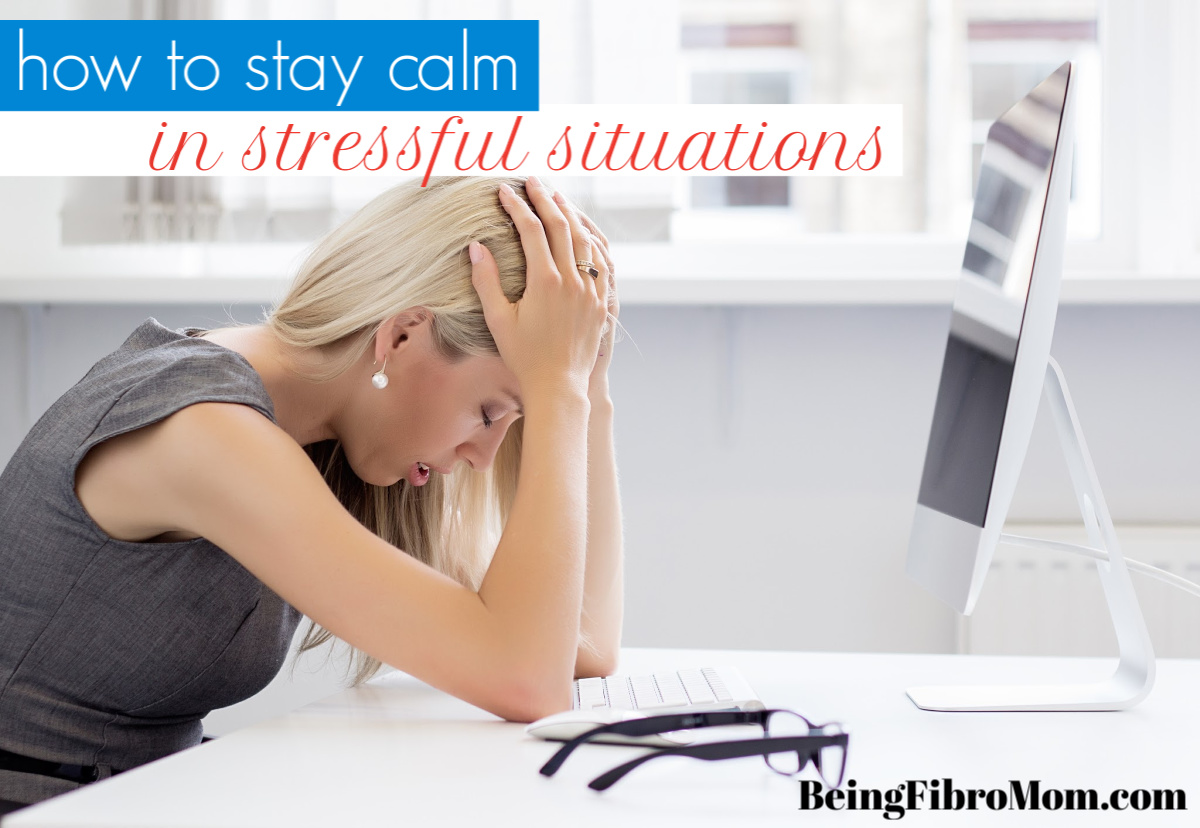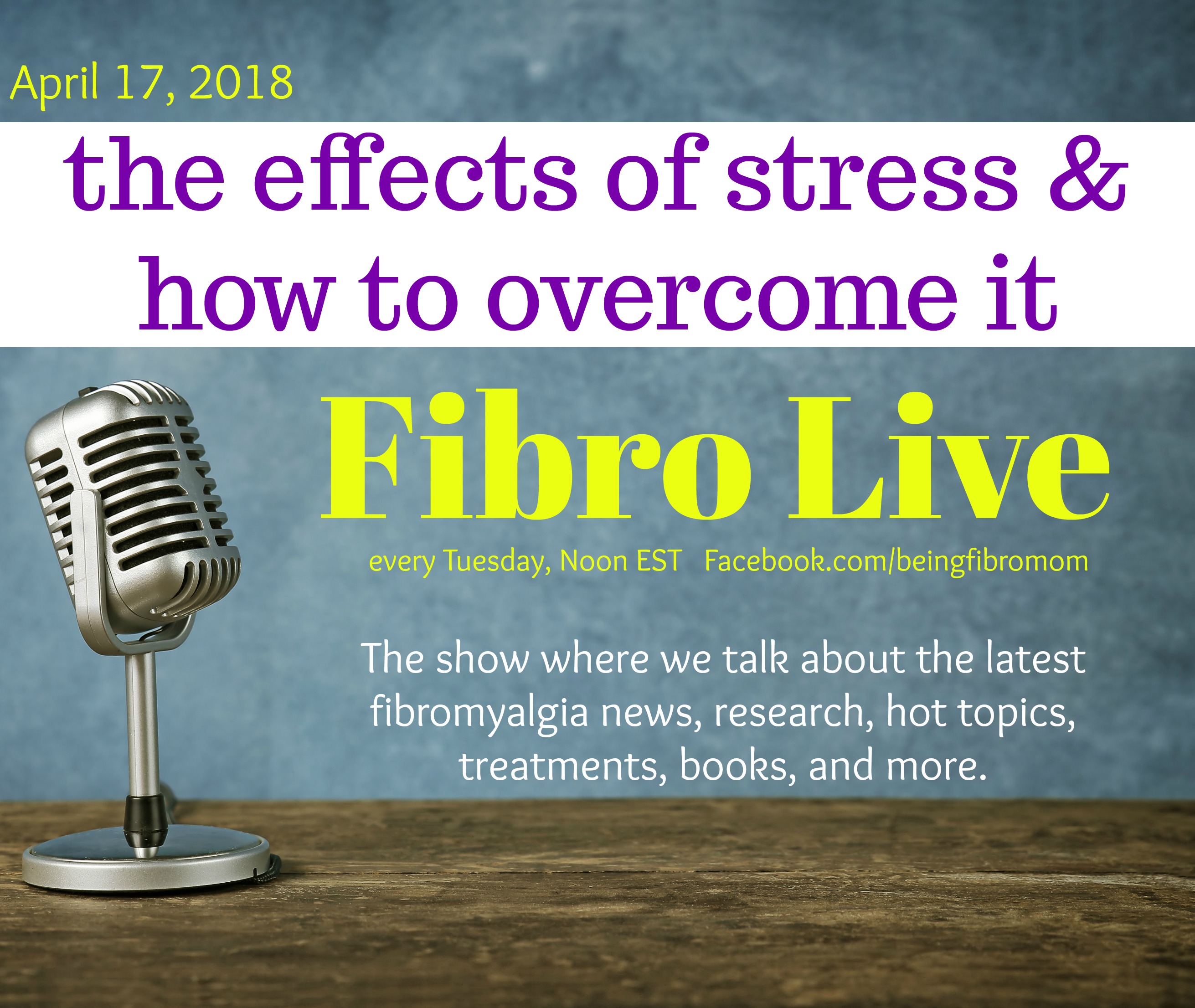Around 5 million people in the US and around four hundred million people in the world (around 5% of the world population) are affected by fibromyalgia. It is the second most common diagnosis made in rheumatology clinics and is reported mainly by those between the ages of 35-45.
Although it is a complex condition that is not yet fully understood, it has been taken more seriously over the past years, so much so that it was recently officially declared as a long-term health condition.

Fibromyalgia symptoms commonly include widespread pain, which can vary in intensity depending on certain aggravating activities, which in themselves vary between people.
A major triggering factor for fibromyalgia symptoms is stress. As a physiotherapist in Crawley I advise all patients I treat with fibromyalgia to address their symptoms with a holistic approach, and take into account lifestyle factors, especially anything that could be causing stress, as an effective measure for minimizing symptoms.

How Stress Effects Fibromyalgia
So how does stress aggravate the symptoms of fibromyalgia?
The current scientific literature seems to suggest that fibromyalgia can be onset from a stressful emotional event, and can also be linked to childhood stress and unprocessed negative emotions.
The current research indicates that this occurs because emotional trauma is one of the vulnerabilities of the pain modulatory system.
This is true for everyone, however, scientists are looking at what the difference between the pain response with someone with fibromyalgia may be compared to someone without the condition.
This protein called substance P plays an important role in the central nervous systems’ response to harmful stimuli. More of it would, therefore, indicate, in this scenario, more pain as a response to a stressful or harmful emotional incident.
If this is the case, the key will be to ensure you minimise as much as possible stress and/or stressful events in your life.
How to Reduce Stress
So how do you reduce stress? The scientific evidence suggests some of the most powerful ways one can reduce stress are:
- Meditation to induce a state of and peace tranquillity
- Exercise to release ‘happy hormones’ and reduces tension and anxiety
- Hug someone every single day to release oxytocin which creates a feeling of calmness, joy, and trust between friends and family
- Engage in social interaction, in particular talk to friends an family
- Unplug from technology to reduce feelings of stress from smartphones
- Sleep for 7-9 hours consistently as poor sleep hygiene can increase stress
- Engage in fun activities which are proven stress reducers such as; singing, listening to music, having sex and watching a comedy.
- Get a massage to reduce muscle tension from stress
Remember, taking the time to focus on yourself allows you to become the best version of you. In doing so, you become the person you can be to others too. So spend time each day implementing some or many of these suggestions, and I sincerely hope the best for you in the future.
Author
Kulraj Singh is a physical therapist from the UK with a special interest in public health. You can contact him directly at kulraj@tavistockclinic.com.
Related articles



